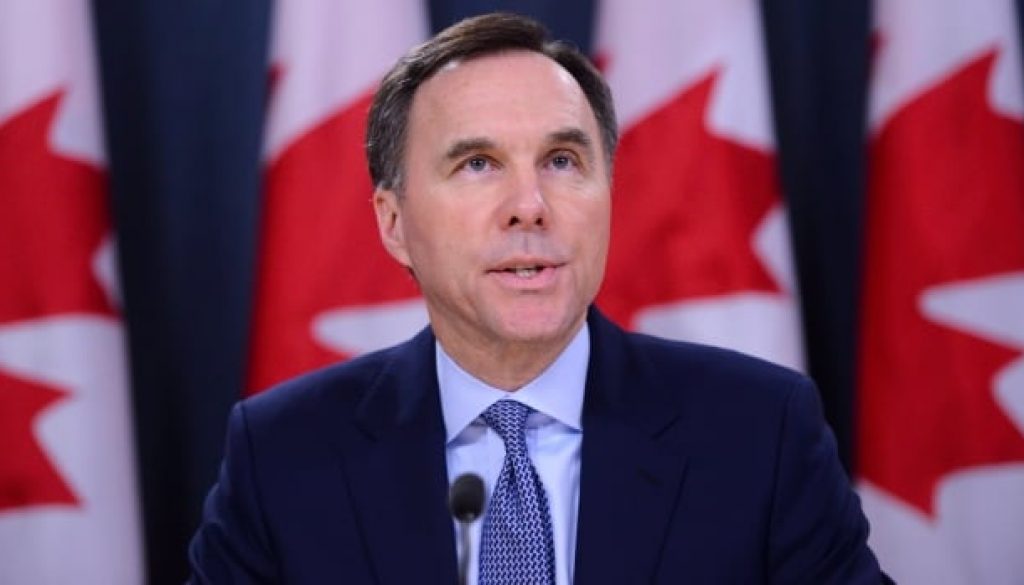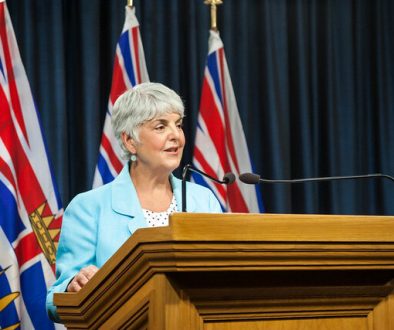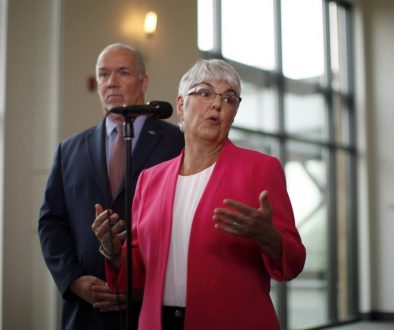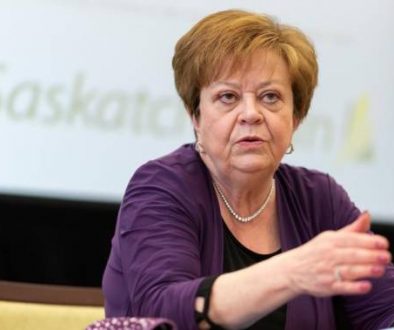Finance minister to unveil COVID-19 aid package worth at least $25B | CBC News
Finance Minister Bill Morneau is expected to unveil an economic aid package on Wednesday morning worth more than $25 billion to help workers and businesses counteract the shock caused by the COVID-19 pandemic.
A senior government official told CBC News that some of the money will be delivered directly to individuals through existing safety net programs, including employment insurance and the Canada Child Benefit.
Morneau will announce the measures in Ottawa. CBCNews.ca will livestream the announcement.
“It’s going to be significant and comprehensive,” the senior government official said.
“People need rent money and groceries. Businesses need to bridge to better times.”
The COVID-19 outbreak has wreaked havoc on the global economy, sending stock prices diving and forcing businesses of all kinds to shut their doors as governments institute lockdowns and other social distancing measures to slow its spread.
Canadian businesses of all sizes are feeling the pain from shutdowns, cancellations and public fear as the number of confirmed cases rises each day.
The reduction in economic activity has been sharp and fast. On Tuesday, TD Economics projected growth in Canada at 0.2 per cent this year, a tiny amount by recent standards. The Bank of Canada said the economic shocks will be doubly problematic for the country, with oil prices sliding lower amid a price war between Russia and Saudi Arabia.
In response, the Bank of Canada and the U.S. Federal Reserve have moved to ease access to credit and slash interest rates.
“The manufacturing sector, which represents one-third of the economy, is being disproportionately hit by this crisis and the necessary containment measures put in place by governments,” said Dennis Darby, the president and CEO of Canadian Manufacturers & Exporters, an industry group.
“Because workers cannot work from home, the school closures are putting significant pressure on the labour force.”
Tax filing deadline could be extended
Prime Minister Justin Trudeau said Tuesday that he was considering recalling Parliament to pass emergency economic measures and hinted that the government could allow an extension of the April 30 tax filing deadline.
In a tweet sent and then deleted on Tuesday evening, Liberal MP Ken McDonald said the deadline had been extended to June 1 — a move Quebec made earlier in the day.
When asked for clarification, Janick Cormier, the director of communications for the minister of national revenue, said the government is working with the provinces to harmonize tax relief measures.
Today’s announcement will be in addition to a $1 billion COVID-19 response package and supports for business announced by the government.
Last week, Trudeau pledged $1 billion for increased public health measures. The package includes $275 million for additional research, such as vaccine development, and $200 million for federal medical supplies, supports for Indigenous communities and education efforts.
Another $500 million is going to support provincial and territorial governments.
The federal government has also waived the one-week waiting period for employment insurance.
In addition, Morneau announced last Friday the establishment of a $10 billion credit fund to lend money to businesses to help them continue operations.
Economists call for stimulus
Economists say any stimulus package aiming to stabilize the economy must amount to at least 1 per cent of a country’s gross domestic product, which is around $20 to $30 billion for Canada.
Kevin Page, a former parliamentary budget officer and now president of the Institute of Fiscal Studies and Democracy, said $25 billion is on the lower end of what he believes is needed.
“It’s probably even a bit smaller than what we saw in the 2008 financial crisis,” Page told Power & Politics host Vassy Kapelos on Tuesday.
“We’re probably facing something like a double-digit decline on an annual basis in the second quarter, which would be even larger than what we saw in early 2009, early in that financial crisis.”
Page said the first priority is to deal with the public health crisis by making sure there are enough hospital beds, ventilators and medical personnel in place to stem the tide of the outbreak.
Beyond that, Page said, the government needs to ensure that workers have the money they need to get through the next several months.
“Putting money in the hands of workers that are going to be laid off during this time is absolutely crucial,” Page said.
In the U.S., the Trump administration is seeking an economic aid package that could approach $1 trillion, the Associated Press reported.
This content was originally published here.




